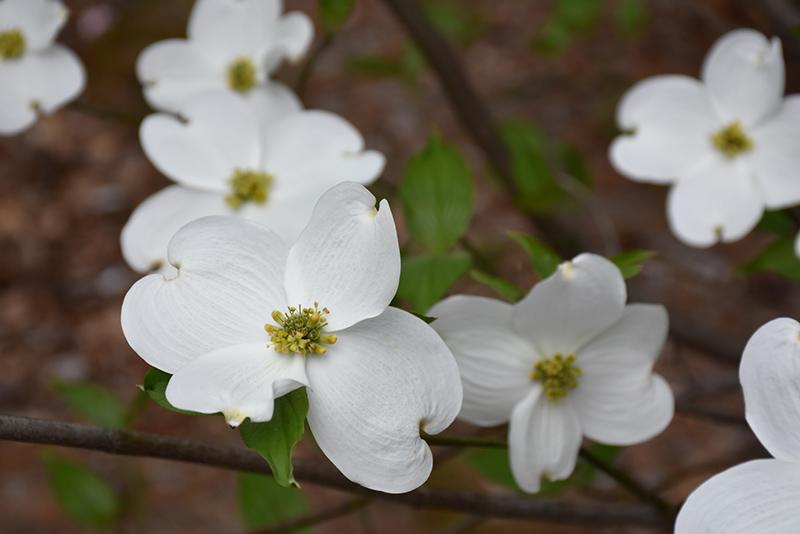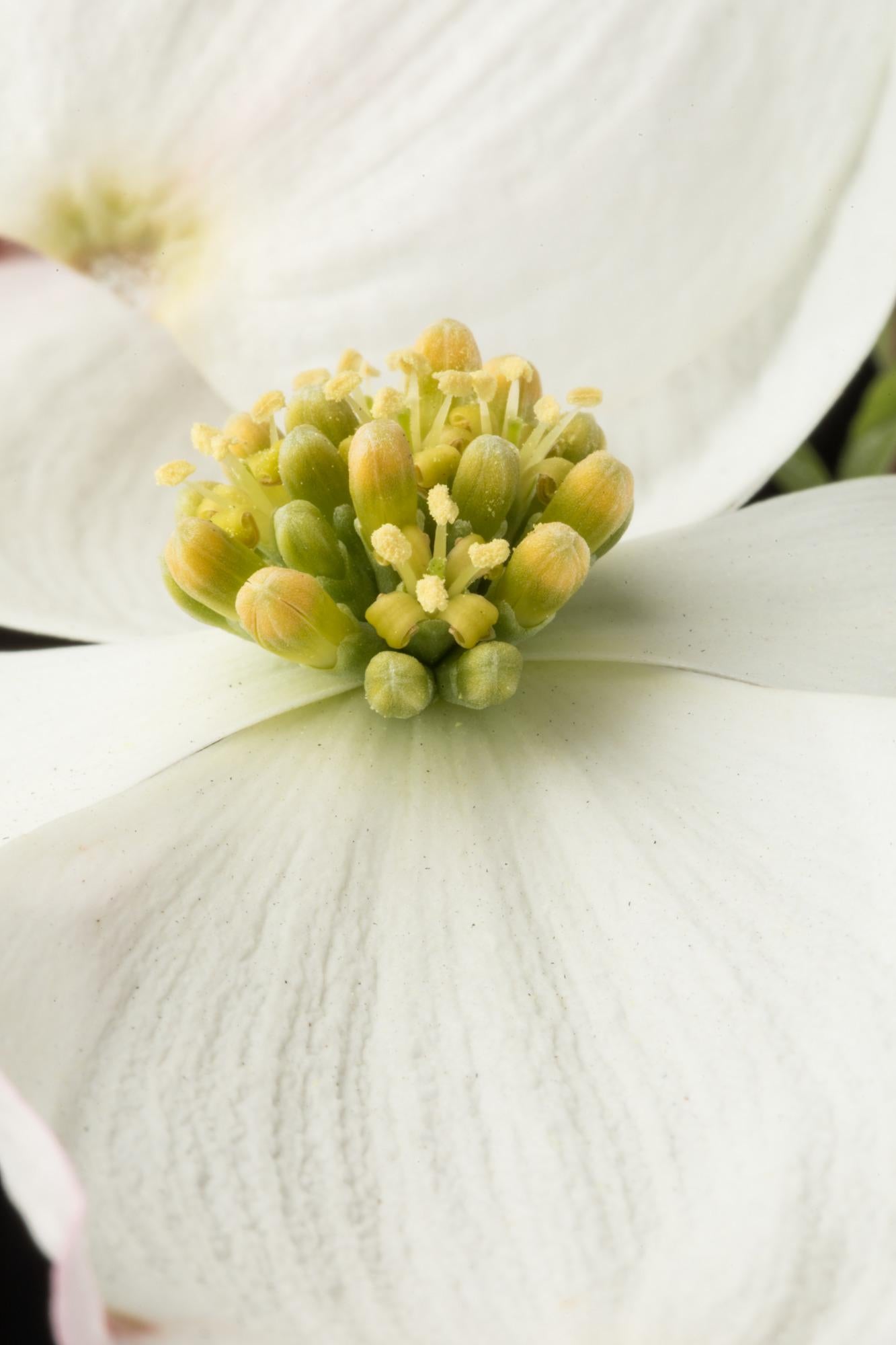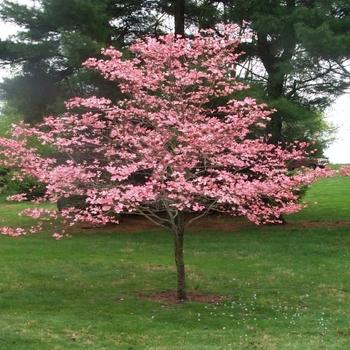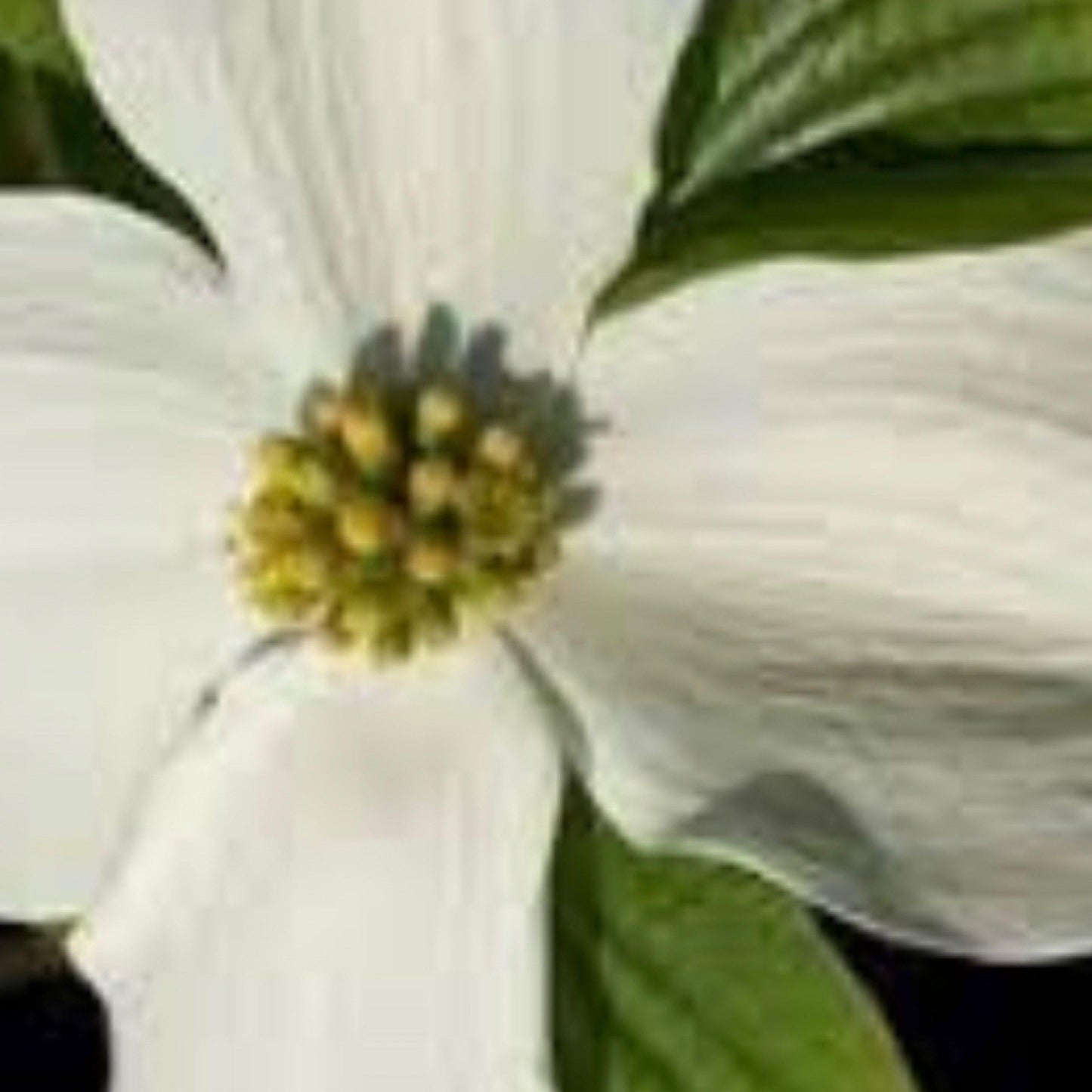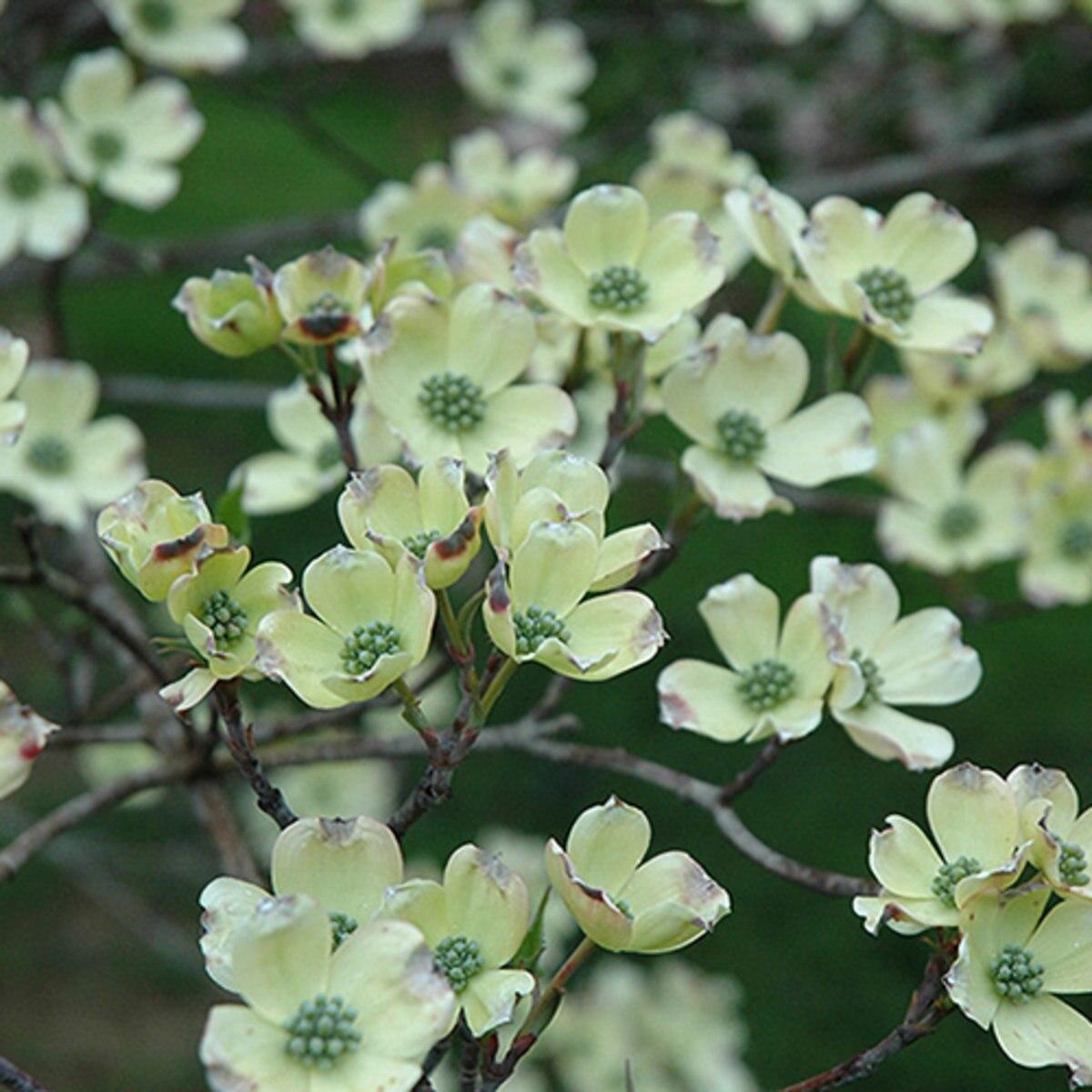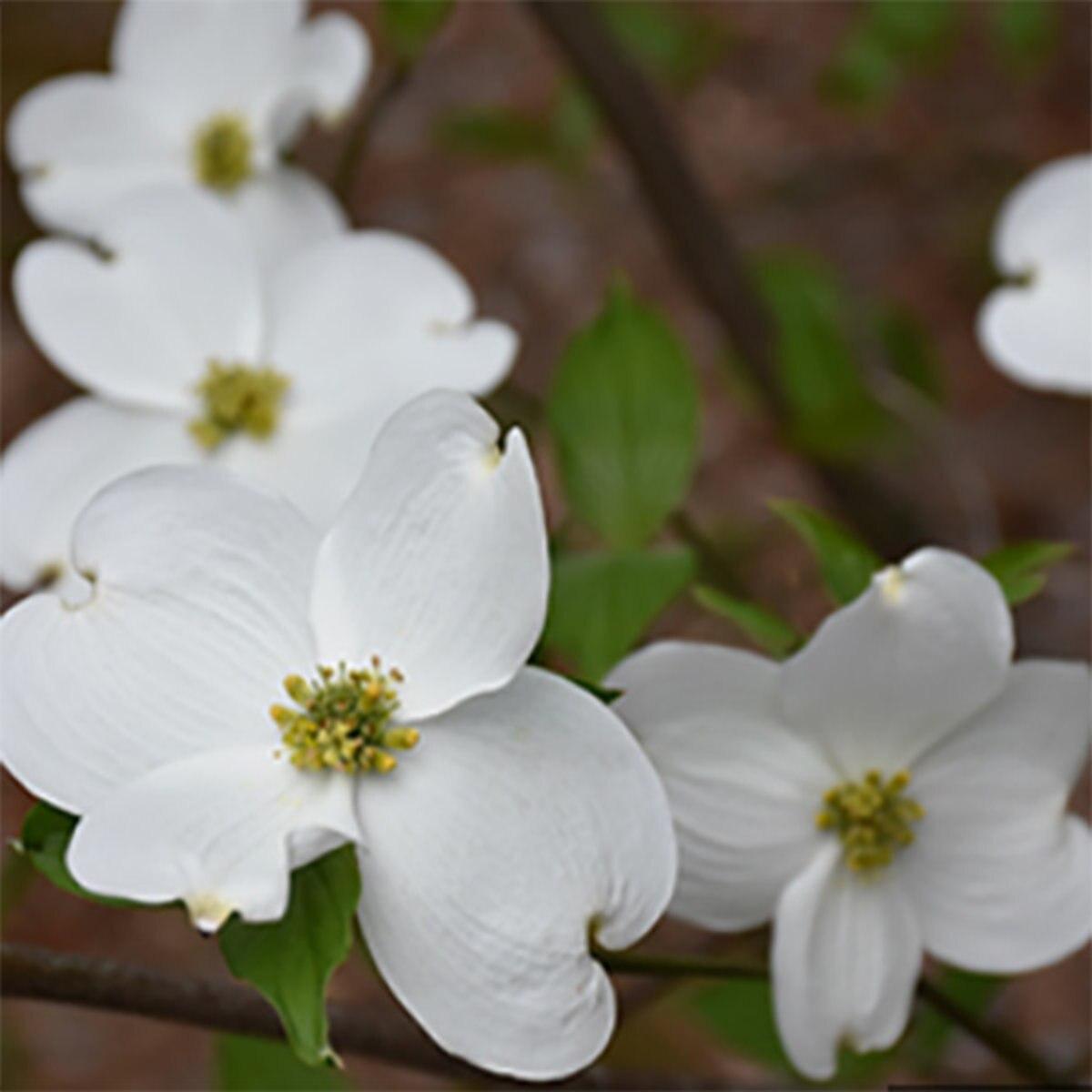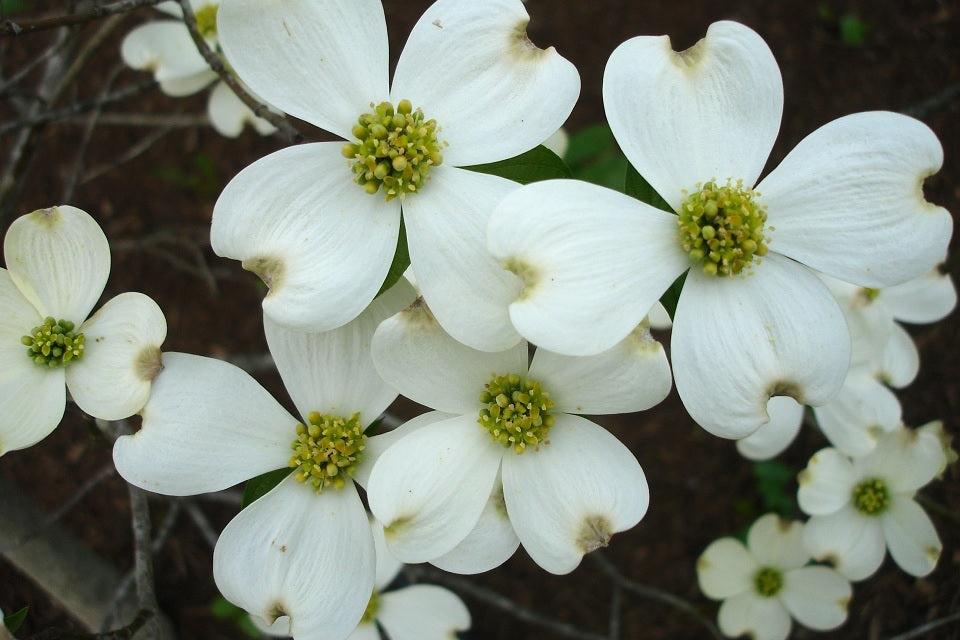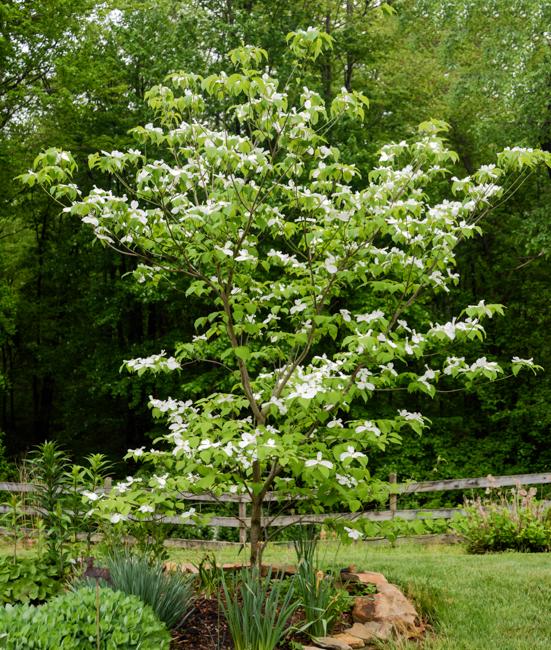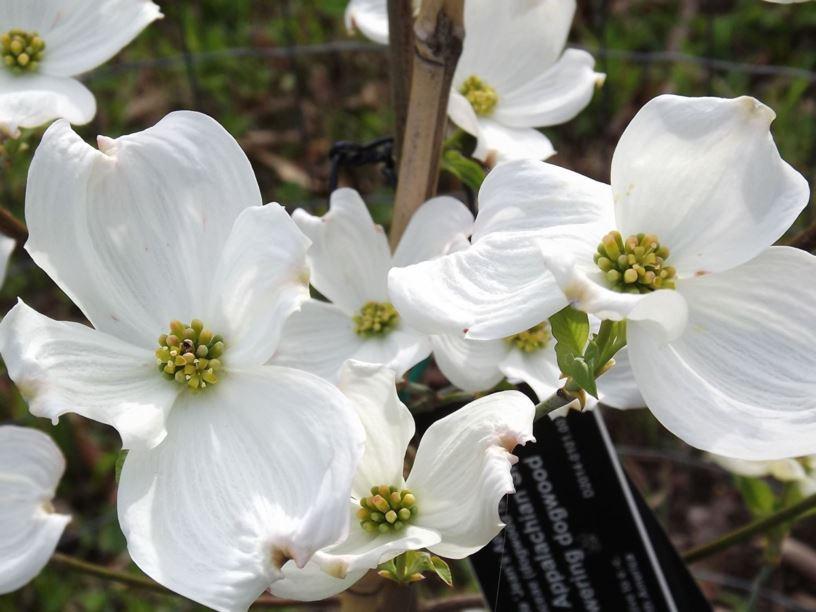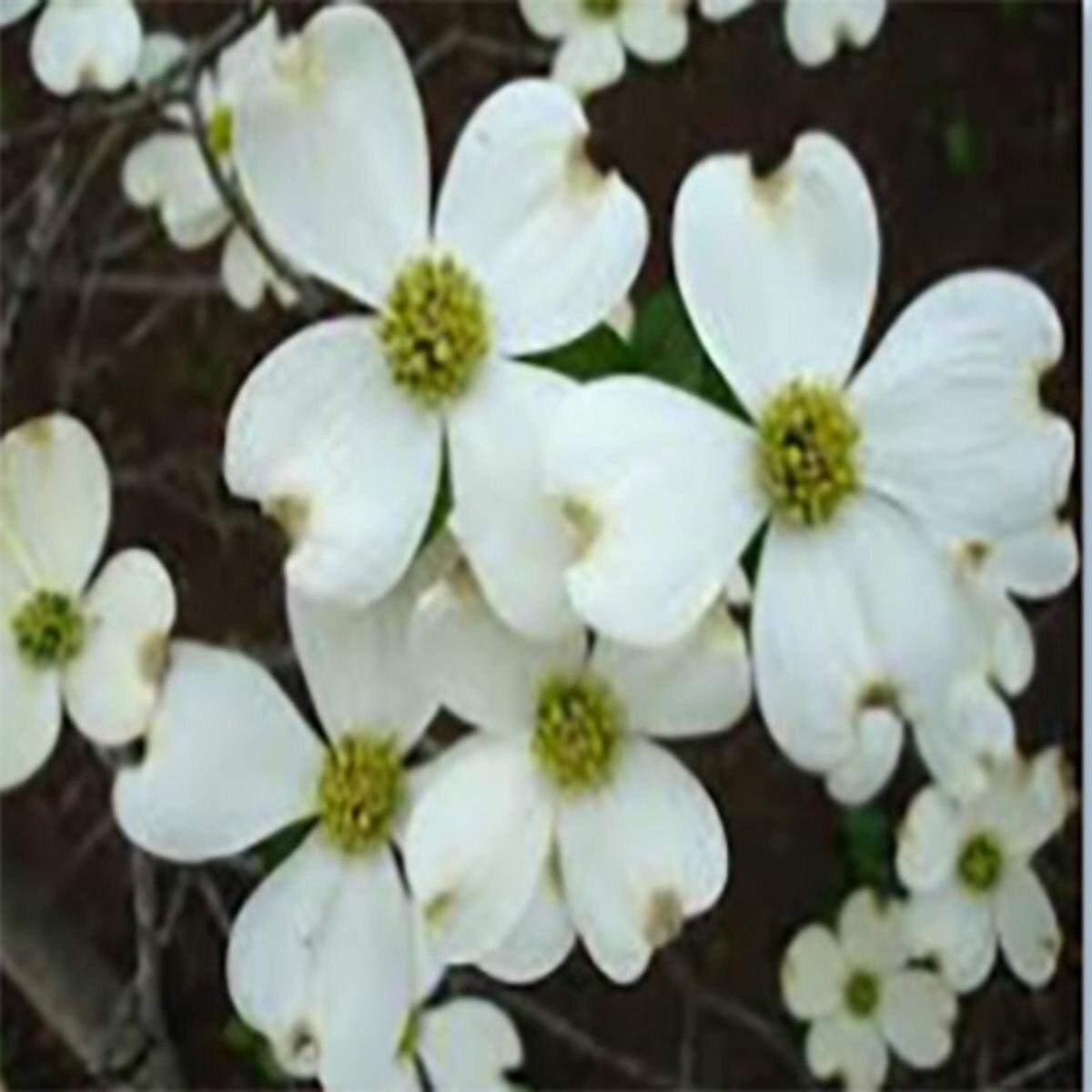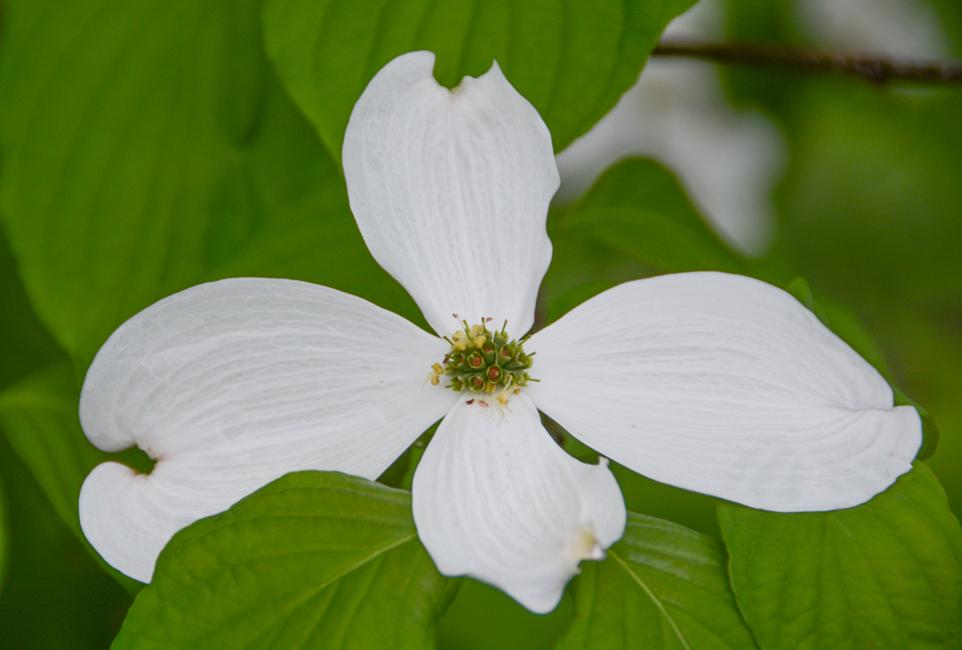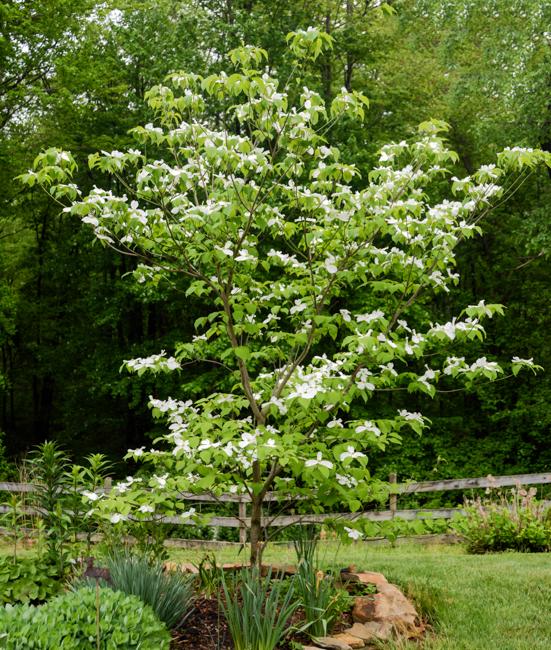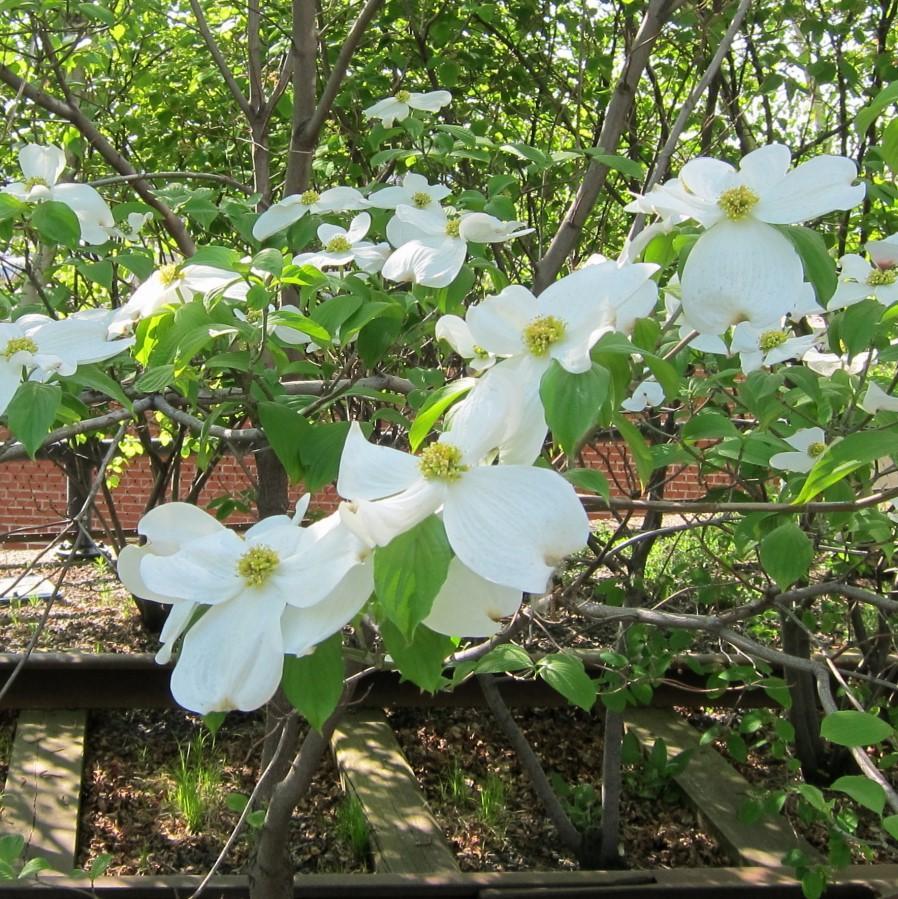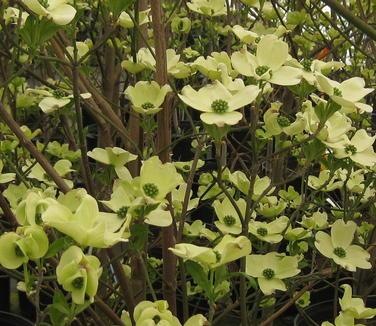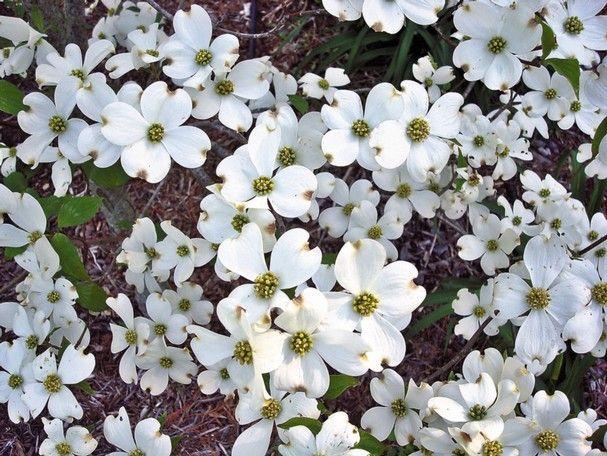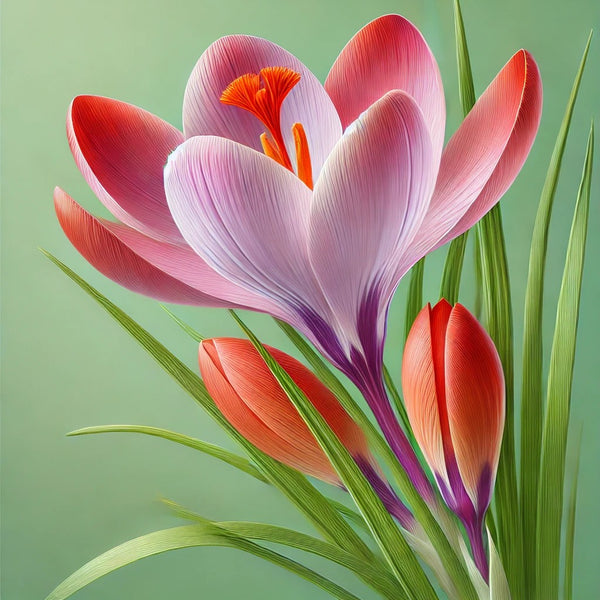1
/
of
15
Appalachian Snow Flowering Dogwood-Stunning Cultivar-Attracts Pollinators 2-2.5" cal B&B
Appalachian Snow Flowering Dogwood-Stunning Cultivar-Attracts Pollinators 2-2.5" cal B&B
Regular price
$1,940.00 USD
Regular price
$2,522.00 USD
Sale price
$1,940.00 USD
Unit price
/
per
Shipping calculated at checkout.
SKU:ntf1390-redcrocus
Couldn't load pickup availability
Cornus florida 'Appalachian Snow' - Single Stem
Description
The 'Appalachian Snow' is a stunning cultivar of the flowering dogwood, known for its large, white bracts that appear in spring. This deciduous tree offers year-round interest with its vibrant fall foliage and attractive winter silhouette.
Suggested Uses
Ideal for use as a specimen tree in gardens, parks, and residential landscapes. It can also be planted in woodland gardens or used to create a naturalized setting.
Plant Details
-
 Botanical Name: Cornus florida 'Appalachian Snow' - Single Stem
Botanical Name: Cornus florida 'Appalachian Snow' - Single Stem -
 Common Name: Appalachian Snow' Flowering Dogwood
Common Name: Appalachian Snow' Flowering Dogwood -
 Size & Growth: Typically reaches 15-30 feet in height and spread
Size & Growth: Typically reaches 15-30 feet in height and spread -
 Hardiness Zones: 5-9
Hardiness Zones: 5-9 -
 Foliage Type: Deciduous
Foliage Type: Deciduous -
 Bloom Time: Spring
Bloom Time: Spring -
 Growth Rate: Moderate
Growth Rate: Moderate -
 Light Requirements: Full sun to partial shade
Light Requirements: Full sun to partial shade -
 Attracts Pollinators: Yes, attracts bees and butterflies
Attracts Pollinators: Yes, attracts bees and butterflies -
 Indoor Friendly: No
Indoor Friendly: No -
 Container Friendly: No
Container Friendly: No -
 Deer Resistant: No
Deer Resistant: No -
 Pet Warning: Non-toxic to pets
Pet Warning: Non-toxic to pets -
 Fragrant: No
Fragrant: No -
 Cut Flower: Yes, suitable for floral arrangements
Cut Flower: Yes, suitable for floral arrangements -
 Grows Well With: Azaleas, Rhododendrons, and other woodland plants
Grows Well With: Azaleas, Rhododendrons, and other woodland plants
Care Tips
-
 Planting Instructions: Plant in well-drained soil, ensuring the root ball is level with the ground surface.
Planting Instructions: Plant in well-drained soil, ensuring the root ball is level with the ground surface. -
 Soil Moisture: Keep soil consistently moist, especially during dry periods.
Soil Moisture: Keep soil consistently moist, especially during dry periods. -
 Soil Type: Prefers rich, acidic, well-drained soil.
Soil Type: Prefers rich, acidic, well-drained soil. -
 Humidity: Tolerates a range of humidity levels.
Humidity: Tolerates a range of humidity levels. -
 Pruning Instructions: Prune after flowering to maintain shape and remove dead or diseased wood.
Pruning Instructions: Prune after flowering to maintain shape and remove dead or diseased wood. -
 Winter Care: Mulch to protect roots in colder zones.
Winter Care: Mulch to protect roots in colder zones. -
 Planting Depth: Plant at the same depth as it was in the nursery container.
Planting Depth: Plant at the same depth as it was in the nursery container. -
 Fertilization: Fertilize in early spring with a balanced, slow-release fertilizer.
Fertilization: Fertilize in early spring with a balanced, slow-release fertilizer. -
 Special Care: Avoid planting in areas with poor air circulation to prevent disease.
Special Care: Avoid planting in areas with poor air circulation to prevent disease.
Share
